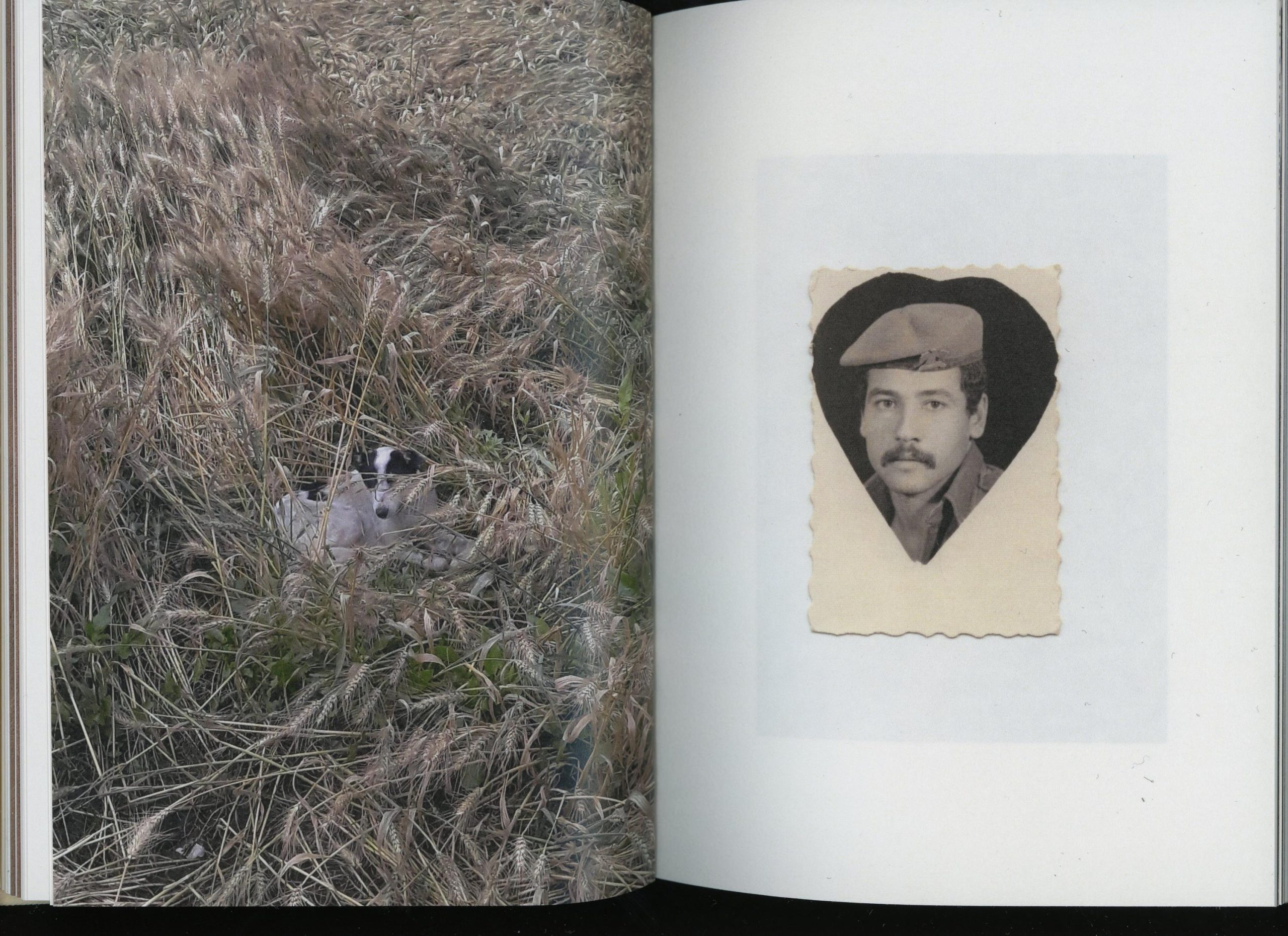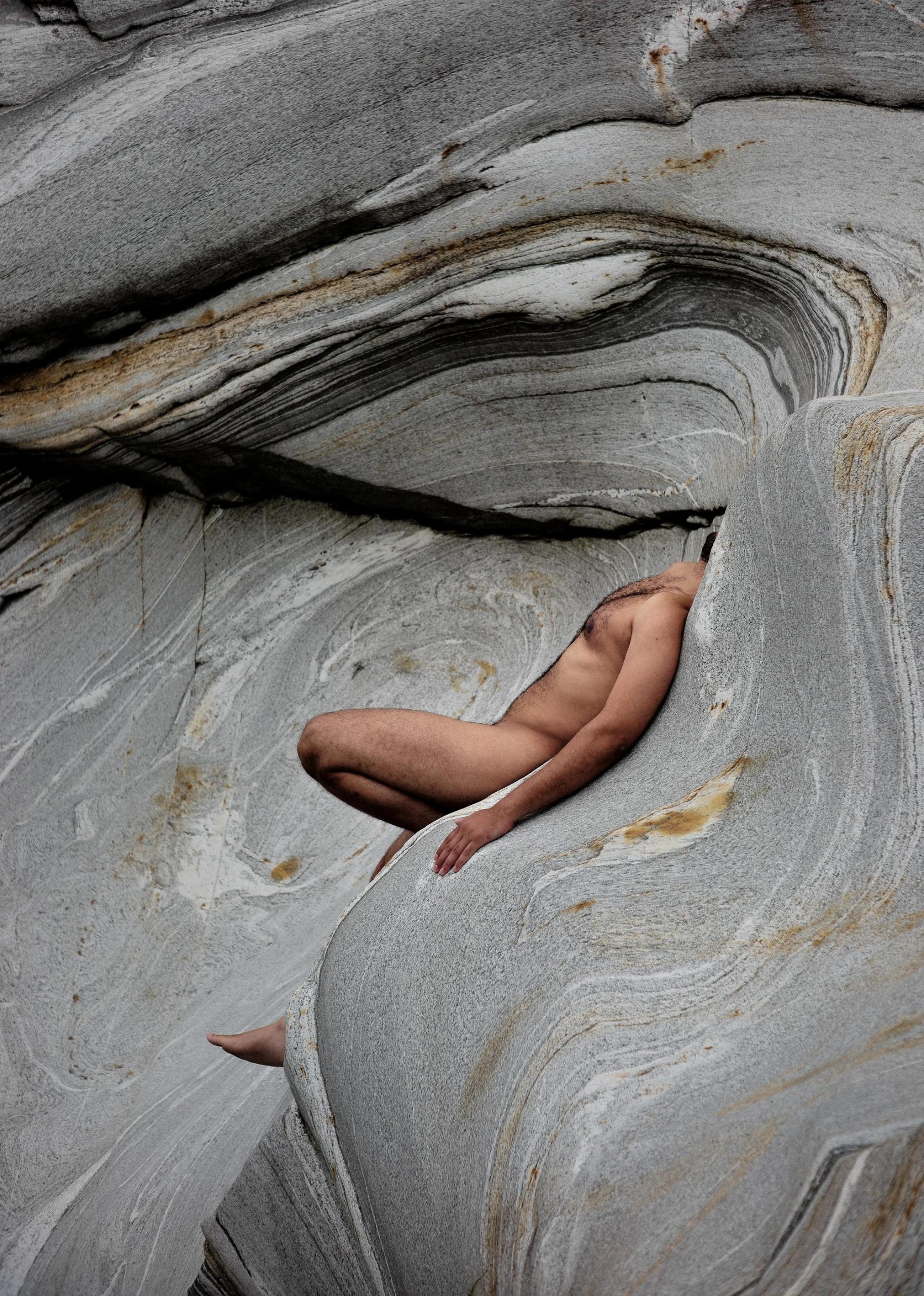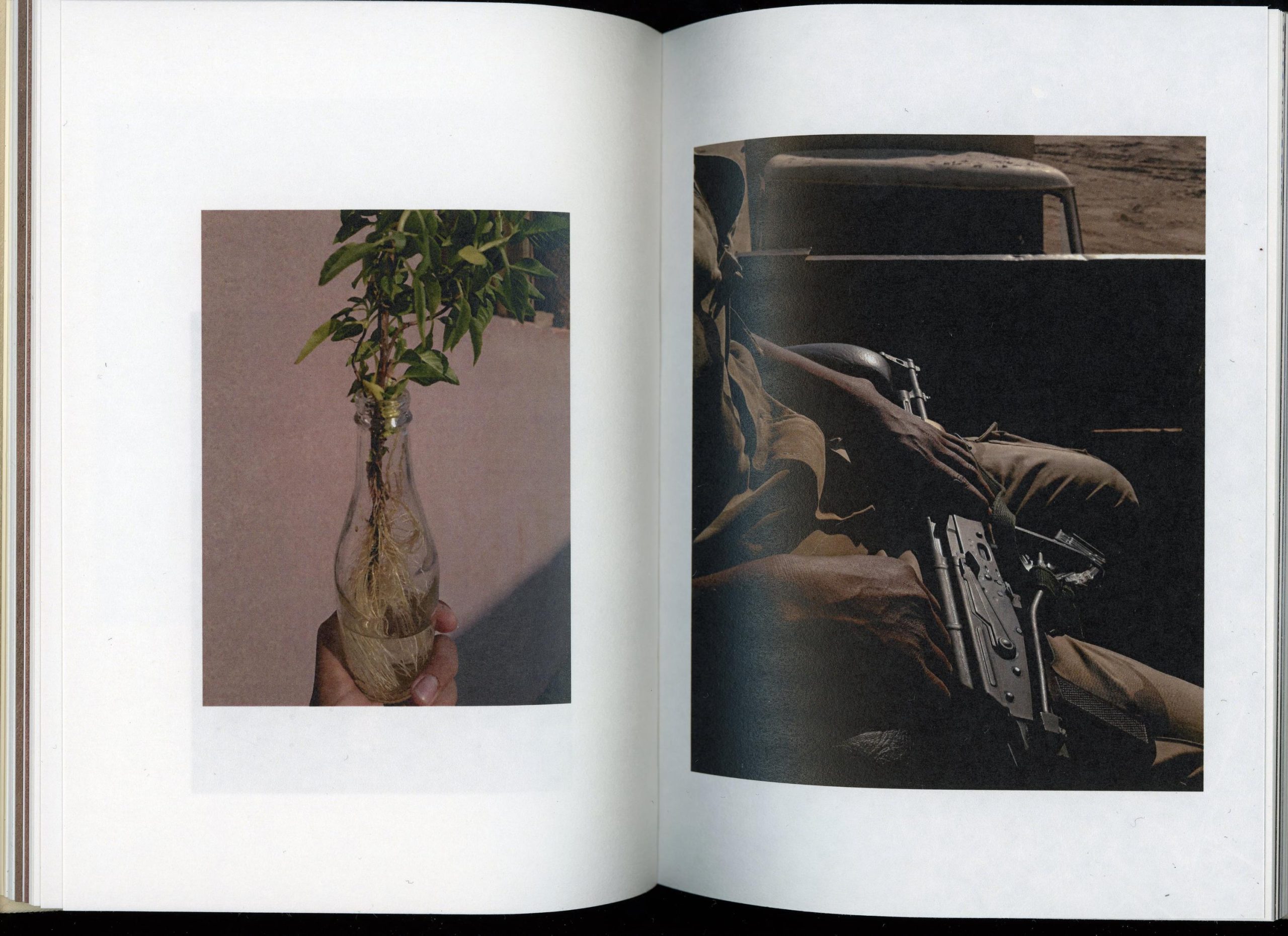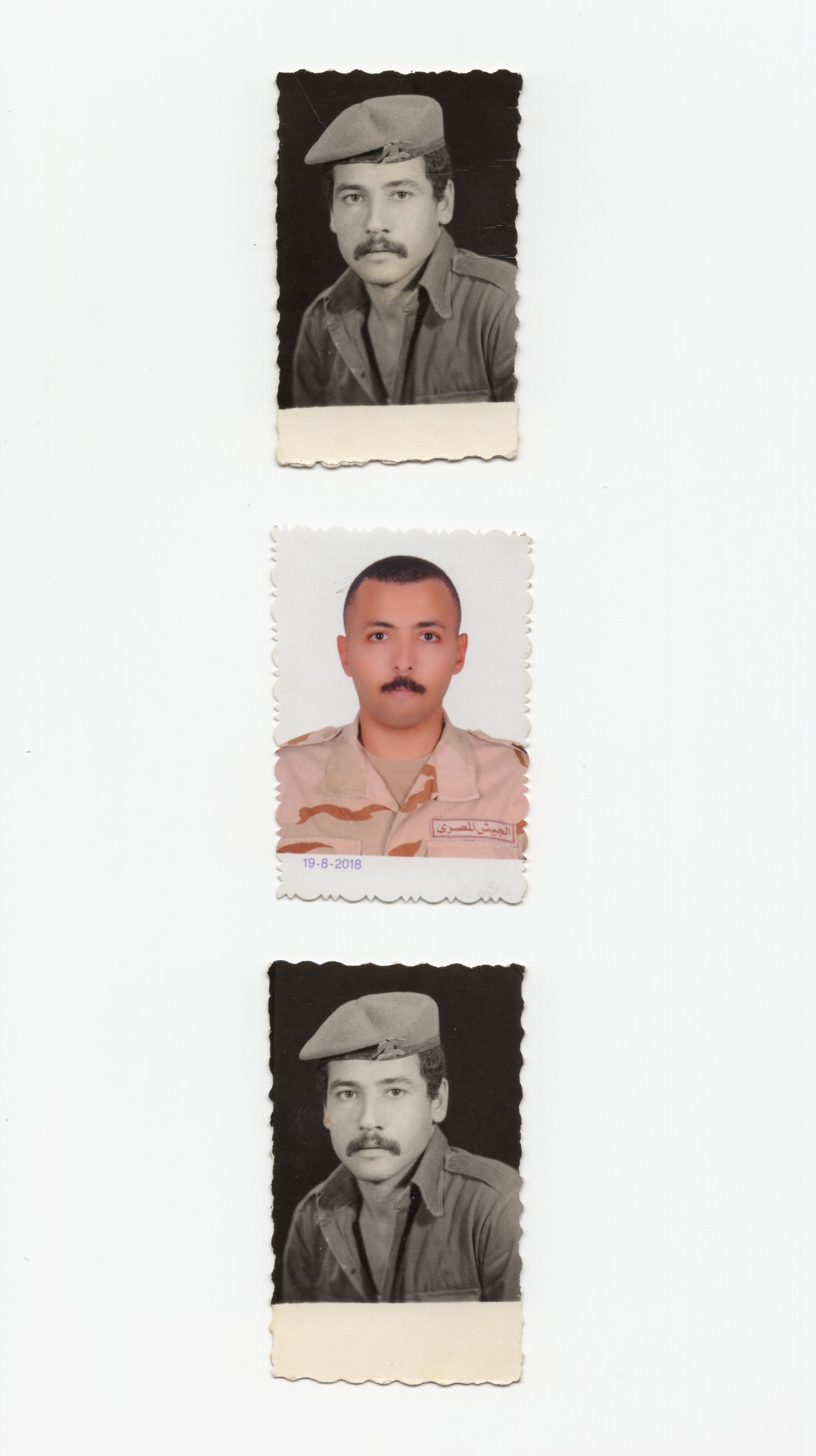“Loving my grief, I count it little
gain
with grief to part.”
Al Mutamid Ibnu Abbad
Cairo contains the universe, Mahmoud contains Cairo.
You grow up imbibing the world, the land, the faces, the past lives. We drink the landscape over a lifetime – taking in its changing form, sometimes watching it enter into the deep past. For Mahmoud the destruction and metamorphosis of his world was always a deep fascination and pain. There Was a Valley Here Once documented the rapid transformation of a river valley in the Eastern desert of Cairo which has now been eaten by the expansion of the city – it is all shifting tides and swift deaths. This is not only a marked material change, but signifies our shifting relationship to land. Where once our lives were governed by the nature of our environment, we now seem to govern the shape of our world. As Robin Wall-Kimmerer says of this relationship: we believe “we can control [the world’s] fate” – and as I would reply: “eish! the hubris!”
Mahmoud’s earlier photography focused on documentation – the fresh wonders of instant media were felt particularly during the Arab Spring revolution in 2011 (الشعب يريد إسقاط النظام). Easy communication, easy dissemination, armed with a Sony point and shoot, no hiding the truth.This shifted for him when he recognised the absolute over saturation of images, of documents, noticed the collective apathy that was beginning to develop. The necessity then came to slow down, spending a longer time taking images rather than remaining in a frantic process of documentation. Cairo’s bones are crumbling, going through an extreme and unbearably rapid transformation – with families being expelled from historic neighbourhoods to make room for shopping malls, ancient sites once kept alive through coexistence are now being met with greedy hands and capitalist veneers.
ما تعبناش.. ثورة كاملة إما بلاش

Mahmoud’s new book The Dog Sat Where We Parted is a photographic and poetic account of his time in service, as a soldier and army doctor. Over the year of conscription he had to deal with what it meant to lose the markers of individuality and the expectation to release one’s own will. He said to me, “it’s a gun that you are asked to carry, but it’s not ours”; ‘it is not my gun’.
ثورة ثانية طالعة تنادي
Mahmoud spoke about his experience standing guard for hours and days on end, the sands of boredom chafing at him. There was a singer that his father would listen to that drove Mahmoud up the wall with her repetition – the iconic Umm Kulthum – her lyrics emanating from the TV, sung over and over and over. Umm Khultum’s voice visited him again via a small pocket radio during the Unbearable Boredom, the hours of solitude – and became a meditation and a way to have a conversation with the dunes. Mahmoud described: “this connection through the land, through feminine energy… it was this strange balance I found with the landscapes that helped me find agency again.” This relationship became a means to reconcile with the persistent rhythm of nothingness, and bound a thread of understanding between himself and his father. Across time.

Landscapes and the body are inextricable in Mahmoud’s work, one feels this immediately. There is a sense of intimacy in his photography, and a softness he brings to harsh terrains that feels irresistible. He views nature as our body, we are an extension of the landscape. Mahmoud said:
“I see a conversation with a curve. I see a conversation with a fossil or a terrain that I walk across or I touch. I choose to see them reciprocating something that I have shown them.”
I asked Mahmoud a question about grief and he said, ‘we chose the burden of awareness’ when humanity began. We could have avoided this grief but that would have severed our connection to reality, would have severed connection itself. Grief is an after/life. It is essential to aliveness; it shapes our lands and bodies. It is a reciprocal act.

Mahmoud sits sincerely in relationship to what he photographs and to what he writes about. All of his work seeming to span an age, traversing epochs. A lifetime of changes to landscape, a year of staring at the desert creating footpaths in the sand with a dog he had just met, creating art based on the relationship between two poets born six hundred years apart in Cairo. To me, Mahmoud is a time traveler. He talks to his father sitting in the living room two decades ago while standing guard in the dunes, he creates intimacy with the ancient strata, he exists with the past lives, the after lives. Maybe time is not a thing that simply extends onwards, maybe it can all be felt again. Perhaps we can reach into the past – dipping our hand into the water, unable to be seen but able to be grasped, briefly.

Notes
Excerpt from poem by Al Mutamid Ibnu Abbad, translation sources from:
https://dn790004.ca.archive.org/0/items/poemsofmutamidk00muta/poemsofmutamidk00muta.pdf
Mahmoud Khattab quotations from personal communication, August 2025
Egyptian Arabic protest exerpts from: Harb Michel, N. (2013). “IrHal!”: The Role of Language in the Arab Spring. Georgetown University. hdl.handle.net/10822/707400
Image of Umm Kulthum from: https://projects.albustanseeds.org/digital/kulthum/index.html%3Fp=11.html



















































